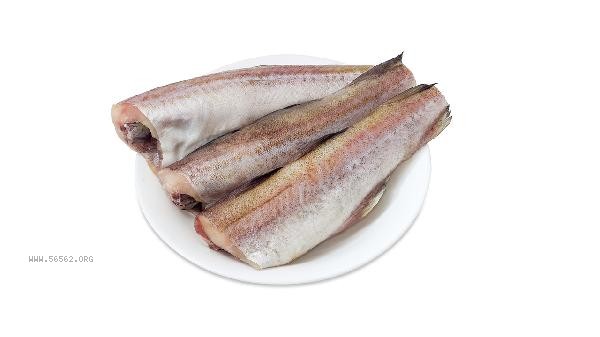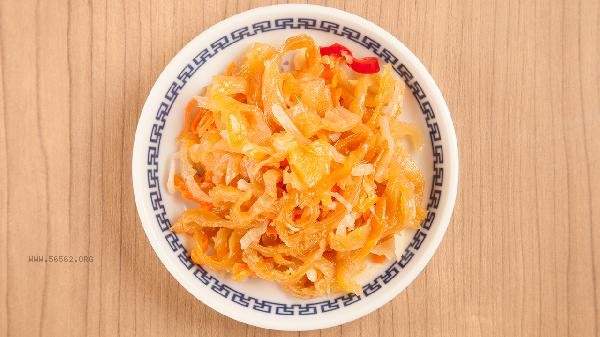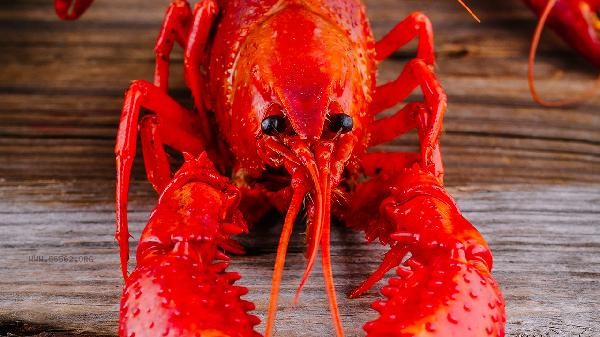People who are allergic to shellfish and seafood, gout or hyperuricemia patients, those with weak digestive function, those with liver and kidney dysfunction, and pregnant women should be cautious when eating shellfish and seafood. Shellfish are rich in high-quality protein and trace elements, but some people may experience health risks after consuming them.

1. Allergic individuals
Shellfish and seafood contain heterologous proteins and histamine components, which can easily cause allergic reactions. People with allergic constitution may experience symptoms such as skin itching, urticaria, and swollen lips after consumption, which can lead to anaphylactic shock in severe cases. Individuals with a history of allergies to shellfish should fast for life, and first-time consumers are advised to undergo low-dose testing.
2. Gout patients
Shellfish are high purine foods, with over 150 milligrams of purine per 100 grams of mussels. Gout or hyperuricemia patients may experience worsening joint pain symptoms and trigger acute gout attacks after consuming it. Strict fasting should be implemented during the acute phase, and the weekly intake during the remission phase should not exceed 50 grams. Adequate drinking water should be consumed to promote uric acid excretion.
3. gastrointestinal disease patients
Shellfish meat has thicker fibers and is rich in cholesterol, and those with weaker digestive function may experience bloating and diarrhea. Patients with chronic gastritis and irritable bowel syndrome should avoid raw food and thoroughly heat until fully cooked when cooking. It is recommended to use ginger vinegar juice to aid digestion. Patients in the postoperative recovery period must follow medical advice to control their intake.

4. People with liver and kidney diseases
Shellfish are rich in minerals such as zinc and selenium, but those with liver and kidney dysfunction have decreased metabolic capacity, and excessive intake may increase organ burden. Cirrhosis patients need to limit their daily protein intake, while kidney failure patients need to control their intake of phosphorus and potassium. These individuals should consult a nutritionist to assess specific risks before consuming.
5. Pregnant women with special physiological periods
should be alert to the possibility of parasites and heavy metal pollution carried by shellfish. It is recommended to choose varieties with reliable breeding environments and fully heat them. Menstrual women have a cold constitution, and consuming a large amount of cold shellfish may worsen menstrual pain. It can be mixed with warm ingredients such as perilla leaves and ginger. Healthy individuals should pay attention to freshness when consuming shellfish, as shellfish that have died for more than 2 hours are prone to producing histamine toxins. It is recommended to choose live organisms with intact shells and a fishy smell of seawater, and soak them in salt water to spit sand before cooking. Paired with vitamin C rich lemon juice or kiwi fruit, it helps promote iron absorption. Children should start consuming small amounts for the first time and observe for any allergic reactions. If discomfort symptoms such as nausea and vomiting occur after consumption, immediately stop eating and seek medical attention.









Comments (0)
Leave a Comment
No comments yet
Be the first to share your thoughts!